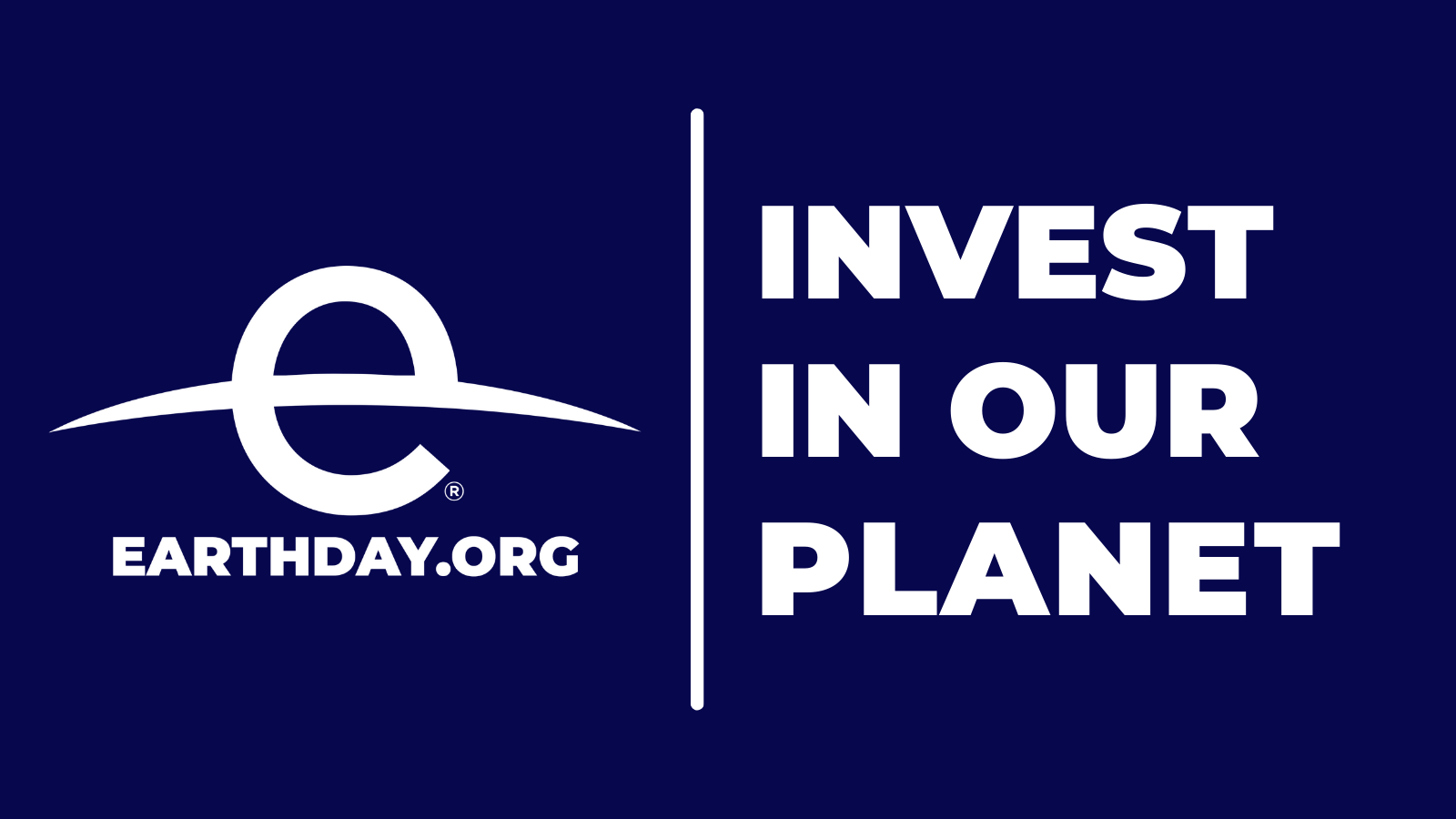Sustainable transport plays a crucial role in realizing the Sustainable Development Goals (SDGs), specifically through SDG 9 (Industry, Innovation and Infrastructure), SDG 11 (Sustainable Cities and Communities), SDG 3 (Good Health and Well-being), and SDG 13 (Climate Action). By fostering an inclusive and sustainable transportation system, we can facilitate social and economic development, mitigate environmental damage, and improve the overall quality of life.
In the context of SDG 9, sustainable transport infrastructure fosters economic growth and innovation by enabling the movement of goods and services, promoting regional integration, and enhancing access to markets. It also drives industrial sustainability by fostering energy-efficient modes of transport and facilitating the transition to a low-carbon economy.
Under SDG 11, sustainable transport is key to creating sustainable cities and communities. It enhances urban mobility, reduces congestion, and mitigates air pollution, thereby improving the quality of life in urban areas. Public transportation, cycling, and walking, as components of sustainable transport, also promote social inclusion by ensuring everyone, including the poor, the disabled, and the elderly, can access opportunities and services.
For SDG 3, sustainable transport can improve public health. Reducing the reliance on private vehicles decreases air and noise pollution, mitigating respiratory diseases, and reducing stress levels. Furthermore, encouraging active transport modes, such as walking and cycling, can combat sedentary lifestyles and associated health issues, such as obesity and heart diseases.
In relation to SDG 13, sustainable transport plays a vital role in combating climate change. The transportation sector is one of the major contributors to greenhouse gas emissions, thus, shifting towards sustainable transport, such as electric vehicles or public transport, can significantly reduce carbon emissions and help mitigate the effects of climate change.
Despite its benefits, achieving sustainable transport requires addressing multiple challenges, such as the high upfront costs of sustainable transport infrastructure, the lack of institutional capacity, and resistance from vested interests. Policies and strategies should be implemented to encourage the use of sustainable transport and ensure its affordability and accessibility to all members of society.
Biodegradability of Conventional Plastics: Opportunities, Challenges, and Misconceptions, Volume 1, 1 January 2022
Alternative Fuels and Advanced Vehicle Technologies for Improved Environmental Performance, Second Edition, 2022, pp 681-710
Alternative Fuels and Advanced Vehicle Technologies for Improved Environmental Performance, Second Edition, 2022, pp 571-611
On April 22 every year, we celebrate the anniversary of the birth of the modern environmental movement with Earth Day. Since the first Earth Day in 1970, this day has marked global collaboration and awareness of the need to fight for a cleaner and healthier Earth. It all began in 1962 when Rachel Carson’s Silent Spring hit the New York’s bestseller list selling over 500,000 copies in 24 countries.

